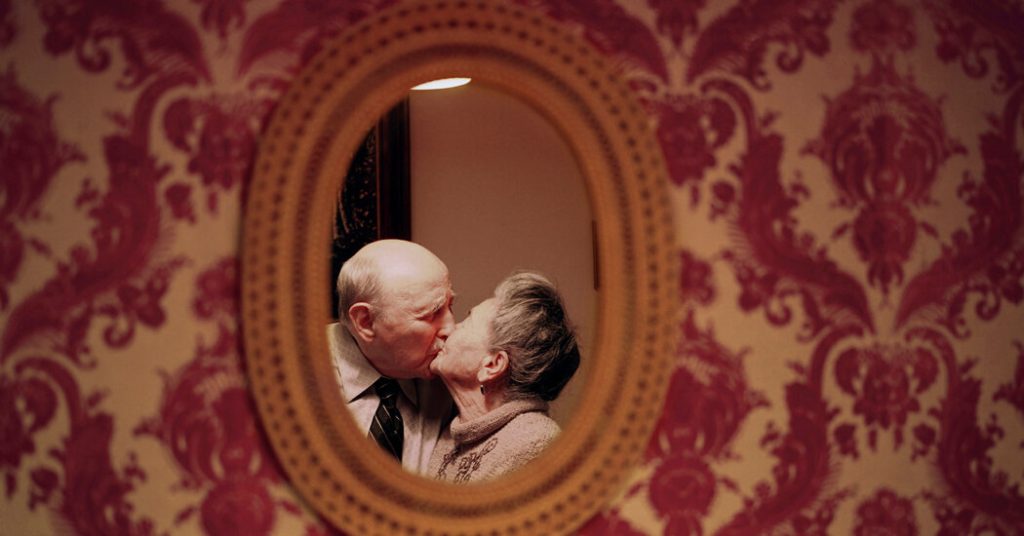The United States may be experiencing a significant shift in family structure, with a decreasing number of adults choosing to get married. Sociologist Brad Wilcox believes that this trend could have negative implications for society, as married couples tend to report more happiness, build more wealth, live longer, and raise more successful children. He argues that revitalizing marriage and family life, especially in poor and working-class communities, could help address societal issues.
There is a counter view that suggests dodging family responsibilities, relishing freedom, and avoiding marriage can lead to a more fulfilling life. Some individuals, particularly women, have celebrated their independence from marriage, which was historically associated with domestic duties and limited opportunities. However, research suggests that marriage can significantly improve happiness levels, with married individuals reporting higher levels of satisfaction compared to their unmarried counterparts.
Despite the declining marriage rate, the evidence shows that marriage can have a positive impact on individuals’ lives. Data indicates that marriage predicts happiness better than education, work, and money. While marriage may not be the right choice for everyone, it can lead to increased happiness and well-being for many people. Loneliness and social isolation are growing concerns, and marriage can help alleviate these issues by providing companionship and support.
The divorce rate in the United States has reached a 50-year low, and the percentage of children raised in intact families with married parents has slightly increased in recent years. However, the marriage rate has significantly declined, especially among working-class Americans. Economic factors, cultural norms, and changing attitudes towards marriage may be contributing to this trend. Wilcox suggests that the lack of financial stability and cultural shifts could be discouraging people from marrying.
Efforts to promote marriage and family life, particularly in disadvantaged communities, could help address some of the underlying issues in society. While some individuals may prefer to remain single or avoid marriage, the benefits of marriage in terms of happiness and well-being should not be overlooked. Virtual relationships and the rise of apps promoting virtual partners highlight the importance of real, meaningful connections in society. Marriage offers a unique opportunity for individuals to form deep bonds and connect with others on a deeper level.
Ultimately, the decision to marry or remain single is a personal one, but it is essential to consider the potential benefits of marriage for individuals and society as a whole. By understanding the impact of family structure on well-being and happiness, we can work towards creating stronger communities and promoting healthy relationships. Through generosity and support for organizations working to improve the lives of others, individuals can make a positive impact and contribute to a more compassionate and connected society.


